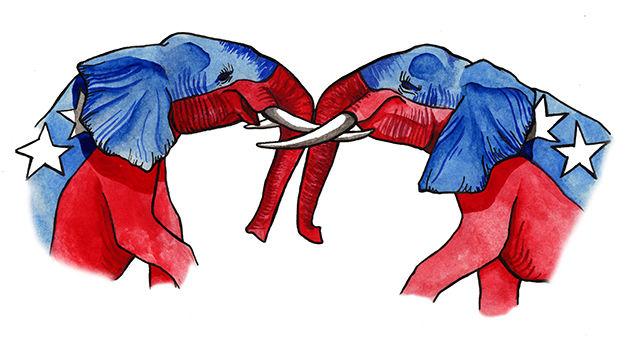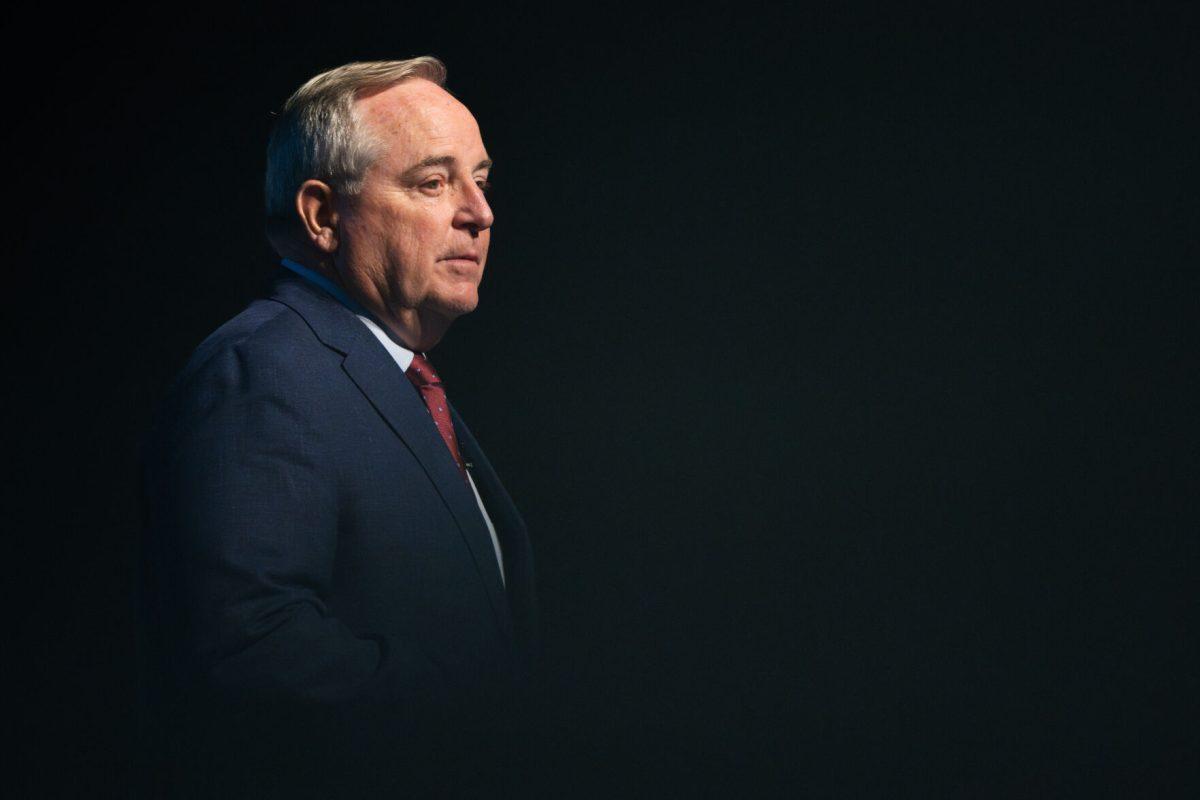Wednesday night’s GOP debate, the third one this debate season, was hosted by CNBC in Boulder, Colo. While the candidates may not have offered up any earth-shattering revelations, there were still plenty of juicy sound bytes to choose from. Here are five take-aways from the evening’s two-hour event.
1. The economy took the show
From tax plans and the debt ceiling to entitlement reform and the Federal Reserve, the lion’s share of the night’s questions and answers were devoted to fiscal policy. While Carly Fiorina talked about her idea for a three-page tax code — prompting someone to ask if “It would just be really small print” — and Ben Carson elaborated on his flat rate plan, perhaps the biggest moment came when Sen. Ted Cruz declined to answer a question about the debt ceiling from CNBC’s Carl Quintanilla. When Quintanilla asked if Cruz’s opposition to raise the debt ceiling meant he was “not the kind of problem solver American voters want”, Cruz gave an entirely different response which set the tone for the night’s second biggest takeaway.
2. Media ties with Clinton, Democrats as debate punching bag
Tied with the Democrats and Hillary Clinton for the night’s go-to punching bag, the media started taking hits with Senator Cruz’s refusal to answer Quintanilla’s debt ceiling question. In his non-answer, Cruz said the quality of the questions illustrated why people don’t trust the media. He added “And you look at the questions: ‘Donald Trump, are you a comic book villain?,’ ‘Ben Carson, can you do math?,’ ‘John Kasich, will you insult two people over here?,’ … How about talking about the substantive issues people care about?” Cruz’s fiery indictment set the tone for Sen. Marco Rubio‘s own comments, hitting all three of the usual targets in one quip — “The Democrats have the ultimate Super PAC: it’s called the mainstream media.”
3. A new direction on rhetoric
Wednesday night saw a noticeable departure from the tone of the previous two GOP debates, with the divisiveness that at times became petty being replaced by what could be characterized as a much more fraternal atmosphere. The candidates on stage seemed more apt to acknowledge the benefits of the plans of their opponents, quicker to congratulate each other on their successes and were markedly more jovial than in the previous forums. The ‘us vs. them’ contrast was palpable, but in a way that didn’t reflect a partisan divisiveness.
4. Trump is no longer the main target
Maybe the third time really is the charm when it comes to dealing with Donald Trump. Wednesday night’s debate lacked direct attacks on Trump. While the infamous real estate mogul wasn’t nearly as bombastic and divisive as he has been in the previous two debates, so too it would seem that the other candidates weren’t willing to launch in on him. Rather, there seemed to be more shows of embrace than rejection, with Mike Huckabee even revealing that he was wearing a Trump Collection tie. Whether engineered or not, the departure from the previous dethroning strategies saw Trump with less air time and fewer notable sound bytes — an outcome that is certainly a win for the establishment GOP candidates.
5. Jeb Bush falls flat — again
For the third time in a row, Bush failed to hit the mark. Bush, who’s slipping poll numbers and dwindling war chest have raised questions about his campaign’s longevity, needed a big win Wednesday night, but didn’t come close to pulling one off. His responses were not only lukewarm in comparison to the more heated rhetoric of his fellow candidates, but they were fewer and more far in between than in prior debates. Bush didn’t just fail to pull out a win Wednesday evening — he basically failed to show up. While I can’t say this spells the beginning of the end for the campaign of the former Florida Governor, I can certainly say this debate didn’t help vault him into anything other than obscurity.
Duncan Rankin is an agriculture leadership and development senior and news reporter for The Battalion.










